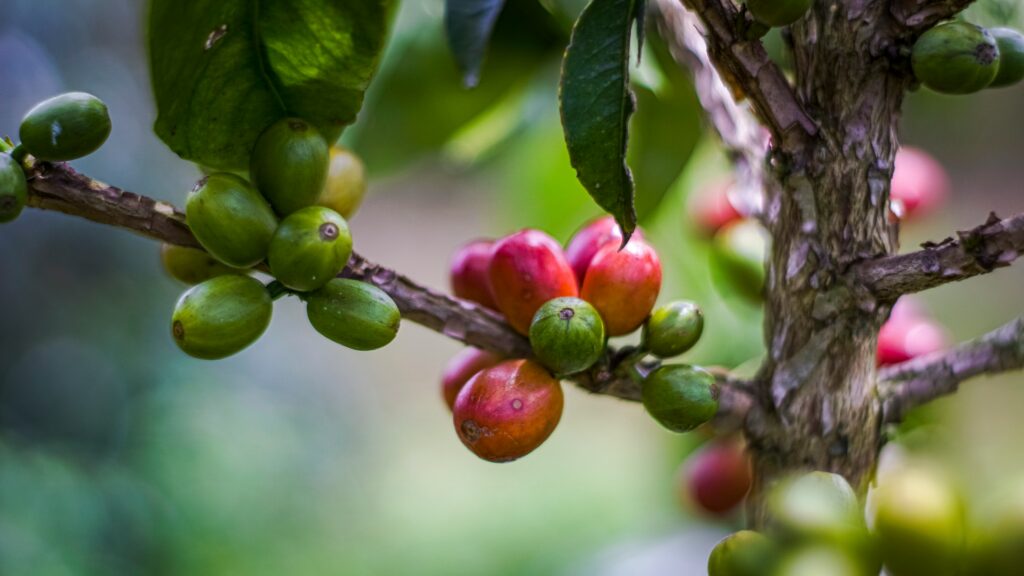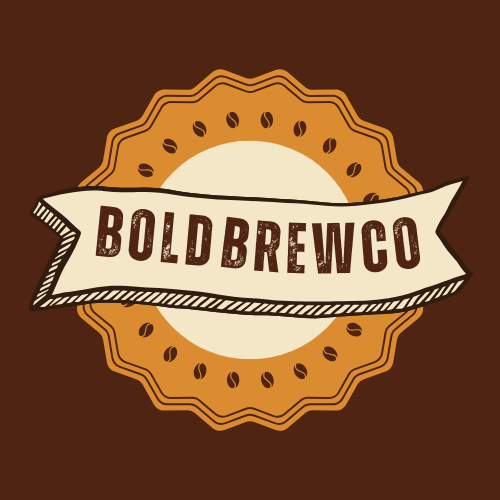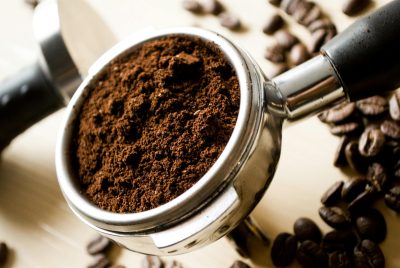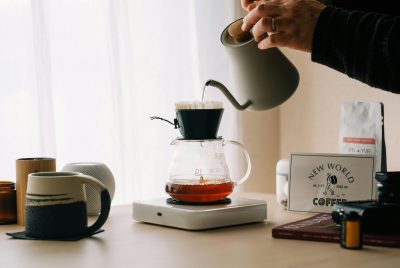What Is Organic Coffee and Why It’s Better for You
We may earn a commission for purchases made using our links. Please see our disclosure to learn more.
You love your morning coffee, but have you ever stopped to wonder what is organic coffee and why it matters? Most conventional beans are packed with chemical residues and grown using harmful farming practices that can affect your health and the environment. That rich aroma might be masking a brew filled with synthetic fertilizers and pesticides—not exactly the kind of energy boost you want. But here’s the good news: switching to organic coffee is simple, and the benefits are worth every sip. From cleaner ingredients and smoother flavor to more sustainable farming, organic coffee offers a better brew for both you and the planet.
What Is Organic Coffee?
Organic coffee comes from beans that have been grown in line with high standards that forbid the use of synthetic chemicals, artificial fertilizers, and GMOs. It often gets shade-grown, hand-picked, and cultivated using traditional ways that benefit both the environment and your cup.
How Organic Coffee Is Grown
Organic coffee beans are grown using natural compost, cover crops, and environmentally friendly ways to prevent pests like companion planting or neem oil, in contrast to conventional coffee. These methods not only keep chemicals out of the environment, but they also improve the soil. The coffee plants are stronger as a result, and the surrounding environment prospers.
This type of farming typically stays away from industrial, large-scale agriculture. Rather, organic beans are grown with greater care on smaller farms, which frequently results in a richer, cleaner brew.
The Role of Certification
A coffee labeled “organic” must meet certification standards set by agencies like:
- USDA Organic (United States)
- EU Organic (Europe)
- JAS Organic (Japan)
These certifying bodies inspect farms, review processing methods, and ensure there’s no contamination from non-organic sources. If a brand truly follows organic practices, you’ll see the certification seal on the label.
Why Organic Coffee Is Better for You
Drinking organic coffee goes beyond supporting your health—it supports an entire system of sustainable practices. But first, let’s look at how it benefits you directly.
Fewer Chemicals, Cleaner Beans
Conventional coffee is one of the most chemically sprayed crops in the world. Some beans are treated with over 30 synthetic pesticides and herbicides during production. Even though trace levels may be “within limits,” you’re still consuming chemicals that don’t belong in your body—especially every morning.
Unlike conventional options, organic coffee is cultivated without synthetic chemicals or harmful additives. That means a cleaner cup, fewer toxins, and peace of mind.

Better for Sensitive Stomachs
Organic coffee tends to be lower in acidity and is often air-roasted or slow-roasted to preserve its natural oils. Many people with sensitive stomachs report fewer issues when switching to organic, especially when choosing low-acid varieties.
Richer Flavor and Aroma
Think of it like this: healthier soil = healthier plants = tastier beans.
Because this coffee is often shade-grown and picked at peak ripeness, the beans develop more depth of flavor. You’ll often notice notes of chocolate, citrus, or berries that don’t come through in mass-produced blends.
It’s not your imagination—organic beans are often denser and more complex.
Environmental and Ethical Benefits
Organic farming protects biodiversity, reduces water pollution, and avoids deforestation. In many cases, these farms also support Fair Trade practices, ensuring that growers are paid fairly and work in safe conditions.
That means every sip you take contributes to something bigger: environmental protection, ethical labor, and sustainable farming.
Top Organic Coffee Brands You Can Try
Not sure where to start? Here are some organic coffees that are well-loved by the community—and all are available on Amazon:
1. Lifeboost Medium Roast Coffee
Grown at high altitudes in Nicaragua, this single-origin, low-acid coffee is non-GMO, USDA certified, and third-party tested for mycotoxins. Smooth, chocolatey, and gentle on the stomach.
2. Kicking Horse Kick Ass Dark Roast
If bold flavor is your jam, this Fair Trade and organic-certified blend offers deep, earthy notes with a smoky finish. Great for French press or drip.
3. Death Wish Organic Coffee
With nearly double the caffeine of a regular cup, this USDA organic coffee is for serious coffee lovers. Surprisingly smooth for its strength.
4. Equal Exchange Organic Breakfast Blend
A lighter roast with a slightly sweet profile. It’s also part of a cooperative that supports small farmers, making it an ethical and flavorful choice.
5. Fresh Roasted Coffee LLC – Organic Sumatra Decaf
Looking for organic coffee without the caffeine? This Swiss Water Process decaf retains the full body and earthy richness of Sumatra beans without any chemical solvents. It’s a solid option for night owls or anyone looking to cut back without missing out on great taste.
Scientific Evidence: Coffee and Long-Term Health Benefits
Still wondering if it’s worth the switch? Let’s take a look at what science has to say about the health perks of your daily brew.
Recent research shows that coffee does more than just wake you up—it could actually support long-term wellness. According to a large-scale study on coffee and healthy aging in women, moderate coffee intake during midlife was linked to higher odds of living past age 70 without major chronic illness. In parallel, a comprehensive meta-analysis on coffee and type 2 diabetes reviewed data from 28 studies and found that each additional daily cup was associated with a 9% lower risk of developing type 2 diabetes. Whether you’re drinking it for energy or longevity, coffee—especially organic—offers more than just flavor.
And if you’re concerned about how coffee is grown, there’s good news on that front too. A comparative analysis found that ethical coffee production has a 30.75% lower carbon footprint than conventional farming methods, thanks to sustainable practices and the elimination of synthetic fertilizers. Read more on organic coffee’s environmental impact
Choosing organic means you’re investing in your health and helping the planet—one cup at a time.

Things to Look for When Buying Organic Coffee
Now that you know what is organic coffee and why it matters, it’s time to get picky about what ends up in your cup.
- Look for Certified Labels – USDA, EU Organic, and other reputable certifications are non-negotiable.
- Check for Roast Date – Freshness impacts flavor. Beans start losing aroma after 2–4 weeks.
- Prefer Whole Bean – Grinding just before brewing keeps flavors intact.
- Check Origin – Single-origin coffees usually offer more transparency and traceability.
- Fair Trade or Direct Trade – If ethics matter to you (and they should), support brands that treat farmers well.
Conclusion
So now you know—what is organic coffee? It’s coffee that’s grown with care, roasted with intention, and brewed to nourish both body and planet. Switching to ethical coffee might seem like a small change, but it carries big benefits. You’re not just avoiding chemicals—you’re choosing a product that’s rooted in sustainability, ethics, and flavor.
So go ahead—make your next cup an organic one. Whether you sip it slow or gulp it on the go, you’ll taste (and feel) the difference. And if you want to pair your upgraded brew with something indulgent, check out these delicious coffee dessert recipes that complement every rich, flavorful sip.
FAQs
1. Does organic coffee have a positive impact on the environment?
Yes. Organic farming reduces water pollution, preserves biodiversity, and avoids synthetic chemicals that can harm wildlife.
2. Does organic coffee cost more?
Usually, yes. But you’re paying for higher quality, safer farming, and better labor practices—so many people find it worth the investment.
3. Can organic coffee be decaffeinated?
Absolutely. Look for Swiss Water Process decaf coffee that’s organic certified. It’s a chemical-free method.
4. What does “shade-grown” mean in coffee?
Shade-grown coffee is cultivated under tree canopies, which supports bird habitats and helps control pests naturally.
5. Is organic coffee mold-free or toxin-free?
Some organic brands do third-party testing for mold and mycotoxins. Look for this information on the product page or label.









